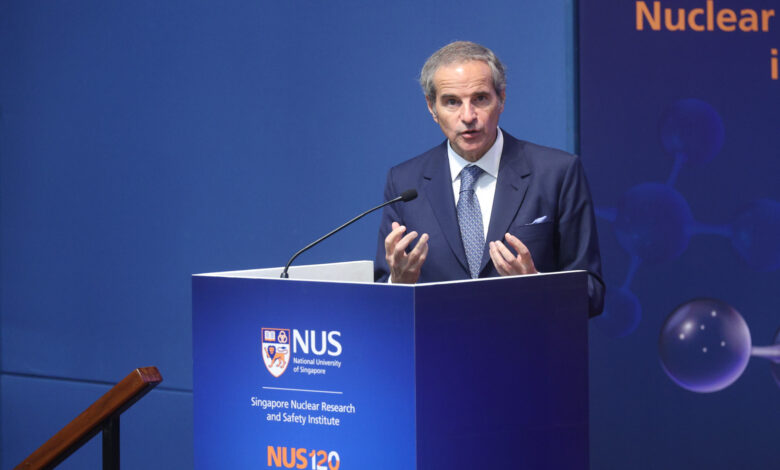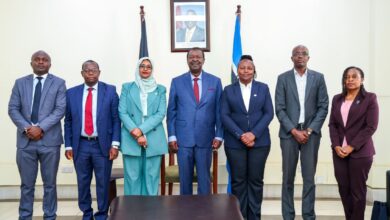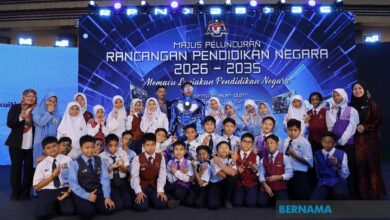Singapore’s Research Strengths Fuel Nuclear Energy Adoption, Says UN Nuclear Chief

Singapore has been identified as a potential candidate for the adoption of nuclear energy, based on its advanced technological capabilities, established institutional framework, and limitations related to conventional renewable energy sources. This observation was made by Rafael Mariano Grossi, the Director General of the International Atomic Energy Agency (IAEA), during a lecture at the National University of Singapore (NUS) on July 25, 2025. The event was organized by the Singapore Nuclear Research and Safety Institute (SNRSI) and included a question-and-answer session that was moderated by NUS Vice Provost Associate Professor Leong Ching.
Decarbonization and Energy Challenges
In his remarks, Grossi discussed the urgent need for decarbonization in energy production, citing Singapore’s unique challenges, such as a lack of hydropower resources and insufficient land for large-scale renewable energy projects. He pointed out that a compact nuclear power plant could provide energy output that other methods cannot achieve.
Singapore’s Engagement in Nuclear Research
Singapore has been engaged in global nuclear research efforts for over a decade and has been a member of the IAEA since 1967. The country is also involved in training for nuclear science and technology, with its government agencies participating in various IAEA technical committees.
Government Initiatives and Future Plans
In February, the Singapore government announced intentions to explore nuclear power deployment and to build relevant capabilities in this area, although no final decision has been reached regarding the adoption of nuclear energy. The SNRSI, which was officially launched on July 11, 2025, aims to enhance Singapore’s expertise in nuclear safety and research.
Global Trends in Nuclear Energy
The global trend toward nuclear energy is on the rise, with several ASEAN countries, including Indonesia, Vietnam, and Myanmar, planning to construct nuclear power facilities. Grossi clarified that this movement is not aimed at achieving nuclear dominance but is a response to the necessity for stable energy sources as countries work towards decarbonization. He noted that fulfilling the goals set by the Paris Agreement may require incorporating nuclear energy into energy strategies.
Energy Security and Regional Collaboration
Amid growing concerns about energy security worldwide, Grossi highlighted the attractiveness of nuclear energy as a means for countries to achieve energy independence. He suggested that Singapore might explore the possibility of sharing a nuclear power plant with neighboring ASEAN nations, akin to the collaboration on the Krsko power plant between Slovenia and Croatia.
Safety Concerns in Nuclear Energy
Safety continues to be a primary concern in discussions about nuclear energy. Grossi assured the audience that the IAEA prioritizes safety and has established comprehensive emergency preparedness and response protocols for nuclear operations. He emphasized the need for effective management of radioactive waste from the onset of any nuclear program, stating that proven methodologies exist for handling nuclear waste.
Conclusion
In summary, Grossi recognized both the potential and the challenges associated with nuclear energy, affirming that the IAEA will continue to work with Singapore and other countries to improve the efficiency and safety of nuclear energy.
(Source: NUS News)




